Contents
- 1 A New Era for Real Estate: Can Foreigners Buy Property in Saudi Arabia?
- 2 Can Foreigners Buy Property in Saudi Arabia: Understanding the Legal Framework
- 3 Riyadh: The Beating Heart of Saudi Real Estate
- 4 How Can Foreigners Buy Property in Saudi Arabia: A Step-by-Step Guide
- 5 Taxes and Costs to Expect
- 6 The Financial Picture: What It Really Costs to Live Here
- 7 Addressing the Logistics
- 8 Opportunities and Risks
- 9 The Cultural and Emotional Dimension
- 10 The Future of Foreign Ownership
- 11 Frequently Asked Questions
- 12 Sources
There’s something about the word ownership that makes people’s hearts thud a little faster. It’s not just about bricks and walls or even the keys in your hand—it’s the sense of belonging, of being anchored somewhere, of claiming a small piece of the world and saying: this is mine. But if you’re standing in Saudi Arabia, the question isn’t so simple.
You might find yourself wondering: Can Foreigners buy property in Saudi Arabia? Until recently, the answer was a firm no. But times are changing. The Kingdom—once closed off, mysterious, and wary of outside ownership—has begun to open its doors. As Vision 2030 redraws the country’s future, that question—can an expat buy property in Saudi Arabia—is no longer rhetorical. It’s real, and it’s reshaping skylines from Jeddah to Riyadh.
A New Era for Real Estate: Can Foreigners Buy Property in Saudi Arabia?
Saudi Arabia is rewriting its relationship with the rest of the world. Beyond the glass towers and desert megaprojects, a quiet revolution is unfolding in property law. For decades, buying land here was a dream reserved for citizens. Foreigners could lease, invest indirectly, or rent—but ownership? That was sacred ground. Now, a new real estate ownership law is changing the landscape. Under the reforms, non-Saudis can own real estate in certain cities and zones.
It’s a carefully structured freedom, a cautious invitation—but an invitation nonetheless. What this means is that foreigners, investors, and long-term residents can finally explore buy property in Saudi Arabia with new optimism. It’s not a free-for-all, but it’s a door that’s no longer locked.
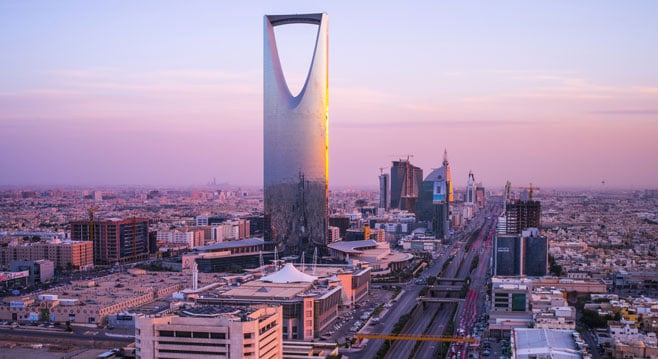
Can Foreigners Buy Property in Saudi Arabia: Understanding the Legal Framework
Before we get carried away imagining rooftop views and Arabic coffee on your Riyadh balcony, it’s essential to understand the details. Because while the system is opening up, it comes with boundaries drawn in the sand.
Who Can Buy
Foreign ownership is now possible for:
- Individuals with a valid Saudi residency permit (Iqama)
- Approved foreign investors through licensed entities
- Companies or institutions with specific government authorization
However, owning property in Mecca or Medina remains highly restricted. Even under the new framework, these holy cities maintain tight control, allowing investment through certain structures rather than direct ownership.
What You Can Buy
Expats can now purchase:
- Residential units within approved zones
- Property for personal residence rather than pure commercial speculation
- Occasionally, land plots designated for development (depending on city and project)
If you’re asking yourself can expats buy property in Riyadh, the answer is yes—within designated districts and following regulatory approval.
What You Cannot Buy
Certain limitations still apply:
- No ownership in restricted zones or near military areas
- No property purchases without a valid Iqama
- No speculative or multiple property holdings for personal buyers (unless authorized)
The goal is clear: to attract serious buyers who want to live, work, and contribute—not just flip homes for profit.
Riyadh: The Beating Heart of Saudi Real Estate
When people look to buy property in Saudi Arabia, all roads lead to Riyadh. It’s the capital, the economic hub, the face of a country transforming faster than it ever has before. If you search for buy property Riyadh, you’ll find yourself scrolling through modern apartments overlooking financial districts, or quiet neighborhoods filled with families from every corner of the world. For a glimpse into where expats are settling, check out Top 10 Neighborhoods in Riyadh to Buy Homes In.
Why Riyadh Is the Prime Spot
- Accessibility: The city’s infrastructure is expanding rapidly, with new metro lines, roads, and entertainment zones.
- Work Opportunities: As the business epicenter, it’s home to most international firms and government institutions.
- Vision 2030 Projects: Initiatives like New Murabba and Diriyah Gate are redefining urban living standards.
- High Return on Investment: Real estate in Riyadh continues to appreciate, making it a promising long-term bet.
So, yes—if you’re wondering can expats buy property in Riyadh, it’s not only possible but also strategically smart. 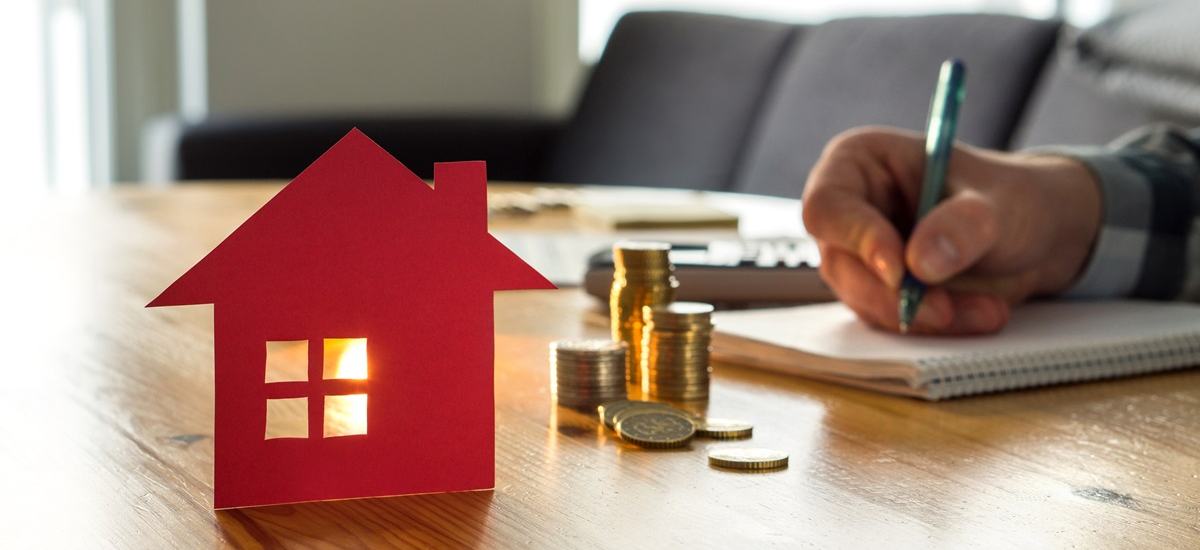
How Can Foreigners Buy Property in Saudi Arabia: A Step-by-Step Guide
Let’s take theory into practice. Here’s how to actually buy property in Saudi Arabia if you’re a foreigner or an expat planning your next chapter.
Step 1: Confirm Eligibility
You’ll need to:
- Hold a valid Iqama (residency permit)
- Ensure the property lies in an area open to foreign ownership
- Verify that your intended use—residential or investment—is permitted
Step 2: Choose Your Property
Work with a registered broker or developer who understands foreign ownership regulations. Focus on projects that are officially approved for non-Saudis. Platforms and developers in Riyadh often highlight these explicitly.
Step 3: Government Approval
Submit an ownership application to the Ministry of Interior or the Real Estate General Authority. Approval times vary, but the process is becoming more streamlined with digitized services.
Step 4: Financing and Payment
Foreigners often opt for cash purchases, but some Saudi banks have started offering mortgages to non-Saudis who meet specific income and employment criteria.
Step 5: Register Your Property
Once approved, finalize the sale at the Notary Public (Kitabat Al-Adl). The property title will be officially registered in your name or under your investment entity.
Step 6: Post-Purchase Obligations
Ensure compliance with usage regulations. For residential property, you may need to occupy the home yourself rather than renting it out, depending on the license type.
Taxes and Costs to Expect
Saudi Arabia doesn’t impose property taxes in the traditional sense, but you’ll encounter related fees:
- Real Estate Transaction Tax (RETT): Typically 5% of the property’s value
- White Land Tax: A fee applied to undeveloped plots to encourage urban development—learn more in White Land Tax in Saudi Arabia 2025
- Registration and Notary Fees: Minor administrative costs during title transfer
Overall, the system remains relatively tax-friendly compared to many global markets. 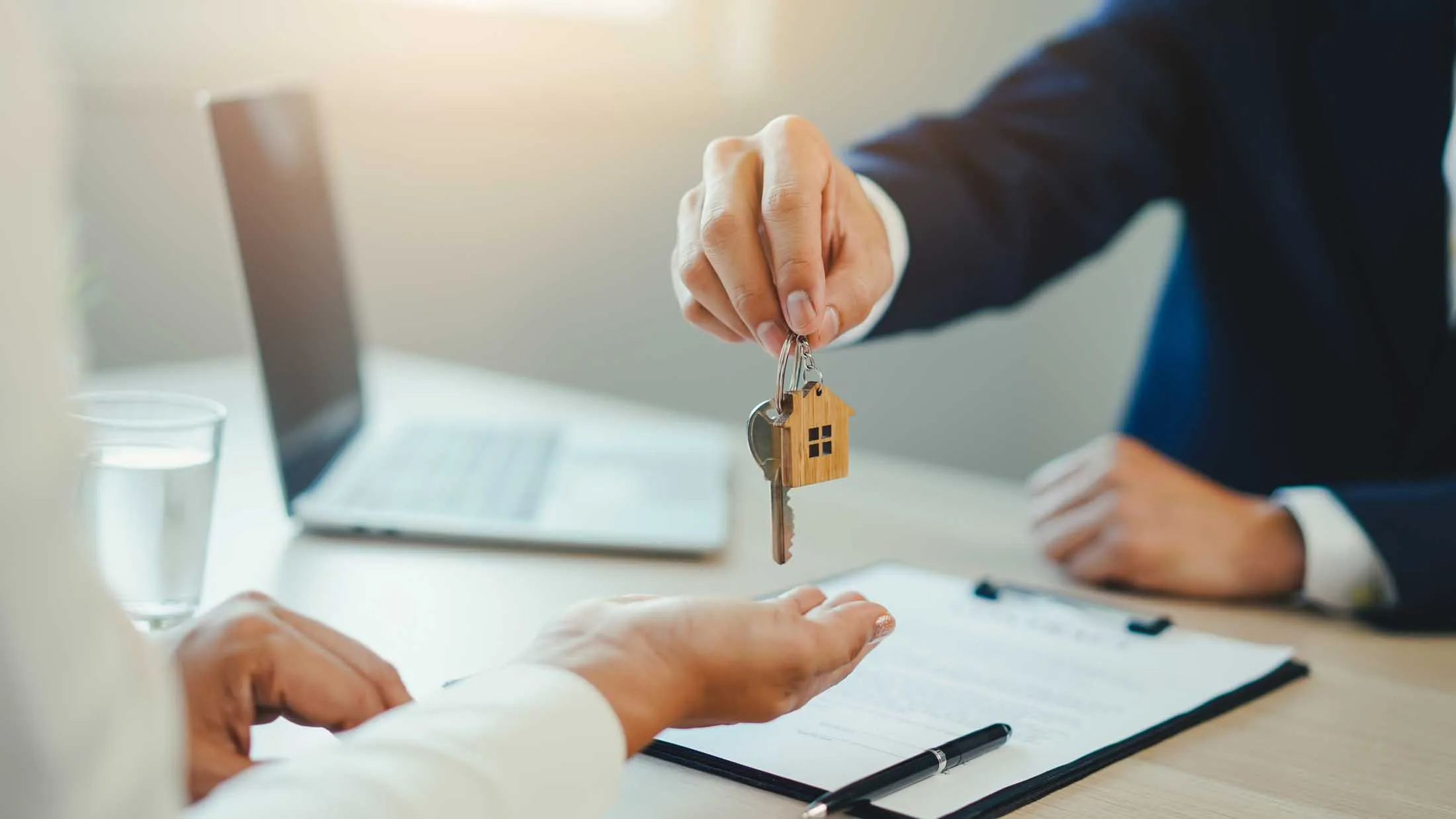
The Financial Picture: What It Really Costs to Live Here
Buying is one thing—living is another. To plan realistically, you should understand the cost of living that comes with property ownership in Saudi Arabia. Housing, transportation, and lifestyle expenses vary by city, but you can explore a breakdown at Cost of Living in Saudi Arabia: A Clear Overview. Knowing these details helps investors assess real returns, and expats calculate how homeownership fits their broader financial goals.
Addressing the Logistics
Once you purchase your property, you’ll need to register it properly for utility connections and official correspondence. Saudi Arabia uses a modern postal system to streamline property registration—check how it works in Postal Code in Saudi Arabia.
Opportunities and Risks
The Opportunities
- Capital Growth: With massive infrastructure investments, urban properties—especially in Riyadh and Jeddah—are appreciating steadily.
- Rental Income: Once permissions broaden, foreign owners may be able to lease out properties, adding a secondary income stream.
- Residency Benefits: Certain ownership levels could support applications for premium residency status.
- Long-Term Stability: The government’s push for transparency and modernization is stabilizing the real estate sector.
The Risks
- Legal Gray Area. As laws evolve, procedures may change quickly.
- Approval Delays: Bureaucracy, while improving, can still test your patience.
- Restricted Zones: Buying in non-approved areas could void your ownership.
- Dependency on Residency: Losing your Iqama may impact your right to retain property.
Pro Tips for a Smooth Purchase
- Hire a local lawyer or property consultant who knows foreign ownership law.
- Get official written approval before paying deposits.
- Verify all documentation, especially land titles and zoning details.
- Track any new regulations expected in 2026 and beyond.
- Keep transaction receipts, contracts, and approvals securely stored.
The Cultural and Emotional Dimension
Owning a home in Saudi Arabia isn’t just a financial decision—it’s a story you live. There’s a poetic symmetry in watching sunrise over the Riyadh skyline or walking through a date-scented courtyard you call your own. For many expats, it’s more than property; it’s participation in a country transforming from within. When you buy property in Saudi, you’re buying into a vision—one that blends tradition and modernity, desert and design, faith and futurism.
The Future of Foreign Ownership
By 2026, the Kingdom plans to expand its list of cities and projects open to foreign investors. Riyadh, Jeddah, NEOM, and the Red Sea developments are likely front-runners. The long-term goal is clear: build an inclusive, thriving real estate market that welcomes international participation while preserving local integrity. The question “Can Foreigners buy property in Saudi Arabia?” might soon be as straightforward as it is in Dubai or Doha—but with Saudi character at its core. If you’re ready to buy property in Saudi Arabia for foreigners, start small, stay informed, and work with professionals who understand the nuances. In this new era, ownership isn’t a dream—it’s an unfolding reality.
Frequently Asked Questions
Can foreigners buy property in Saudi Arabia without being residents?
Generally, no. You need a valid Iqama or residency permit to qualify for ownership approval.
When will non-Saudis be allowed full ownership of property in Riyadh?
Current reforms point to 2026 as the year when designated zones in Riyadh will fully open to foreign ownership.
Can foreigners buy property in Saudi Arabia and rent it out?
Initially, ownership approvals are for personal use, but future regulations may allow renting under specific licenses.
What are the restrictions on owning property in Mecca and Medina?
Direct ownership by non-Saudis remains restricted in these holy cities, though indirect investment through approved entities is permitted.
Sources
- Gulf News – Saudi Arabia Opens Property Market to Foreigners in 2026
- Greenberg Traurig – Saudi Arabia Enacts New Real Estate Foreign Ownership Law
- IR Global – Foreign Ownership of Real Estate in Saudi Arabia
- John Taylor – How to Buy in Saudi Arabia
- The Legal 500 – Foreign Ownership of Real Estate in Saudi Arabia
- Arab News – Foreign Investment and Property Regulations Update
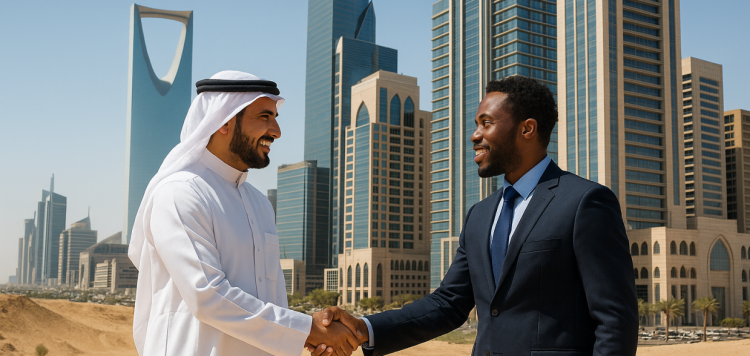
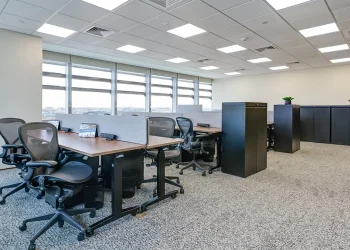

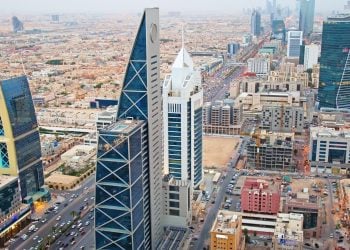

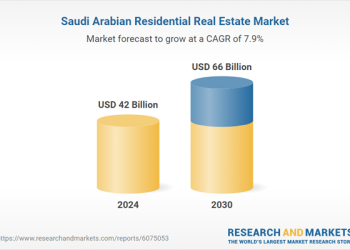



Discussion about this post